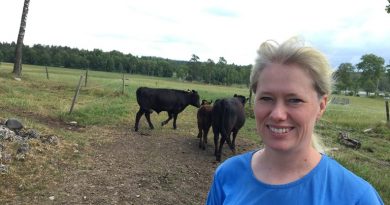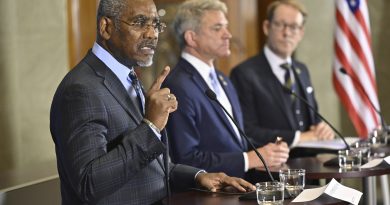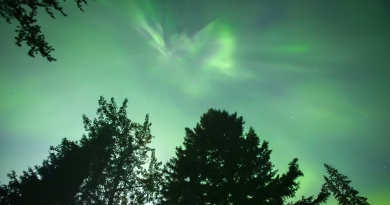Global cooperation stressed as international climate experts gather in Montreal, Canada
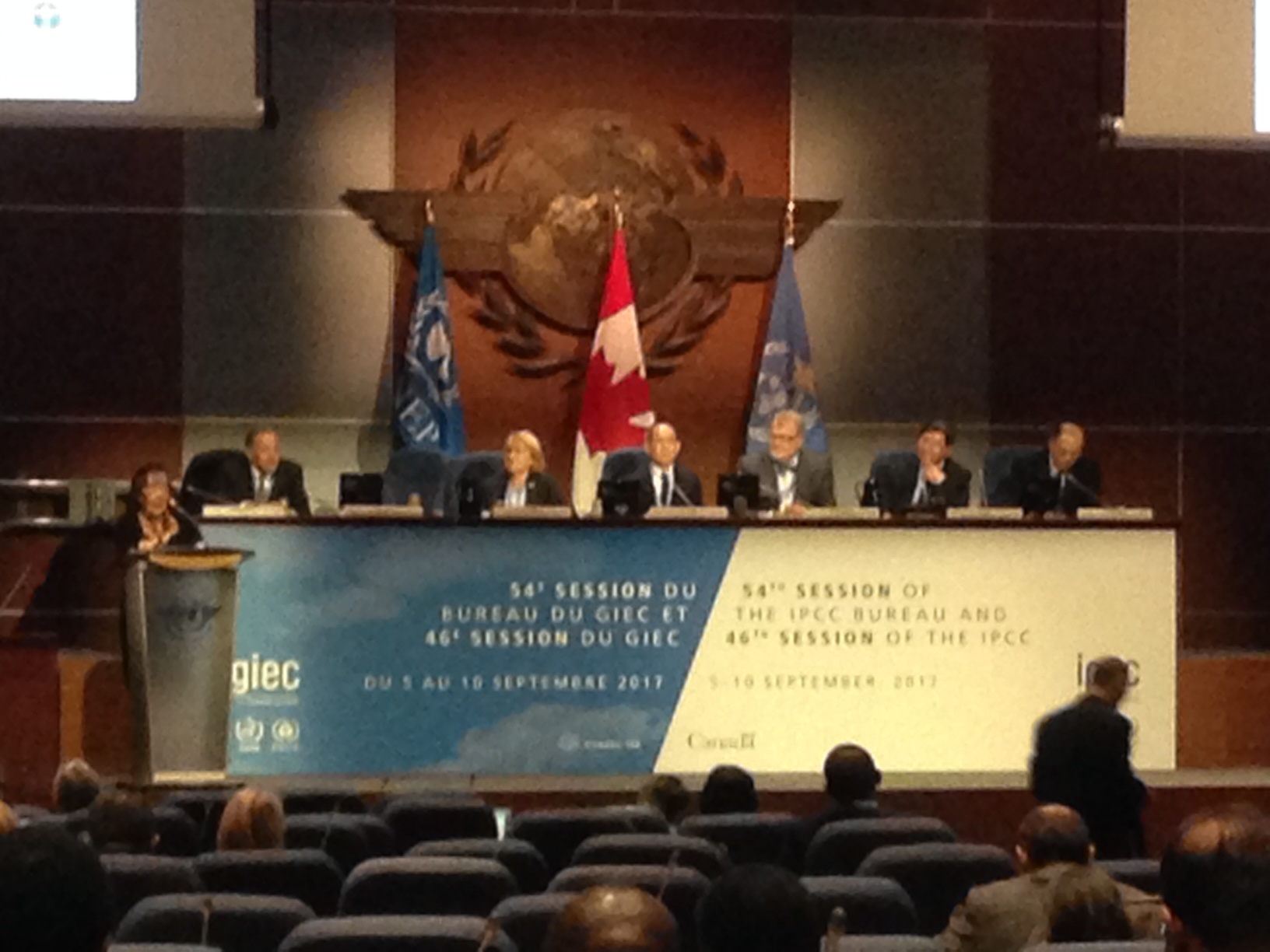
MONTREAL – International collaboration is key to tackling global temperature change and crafting successful adaptation strategies, Canada’s Minister of Environment and Climate Change said to international climate experts gathered in Montreal this week.
“Here in Canada, we know climate change is real,”Minister Catherine McKenna said in a video address to the opening session of the 46th session of the Intergovernmental Panel on Climate Change (IPCC) on Wednesday.
“The environmental challenges we face require global cooperation, action and solutions. Together, we will continue to demonstrate leadership while strengthening the global dialogue on this important issue.”
Canada on frontlines of climate change
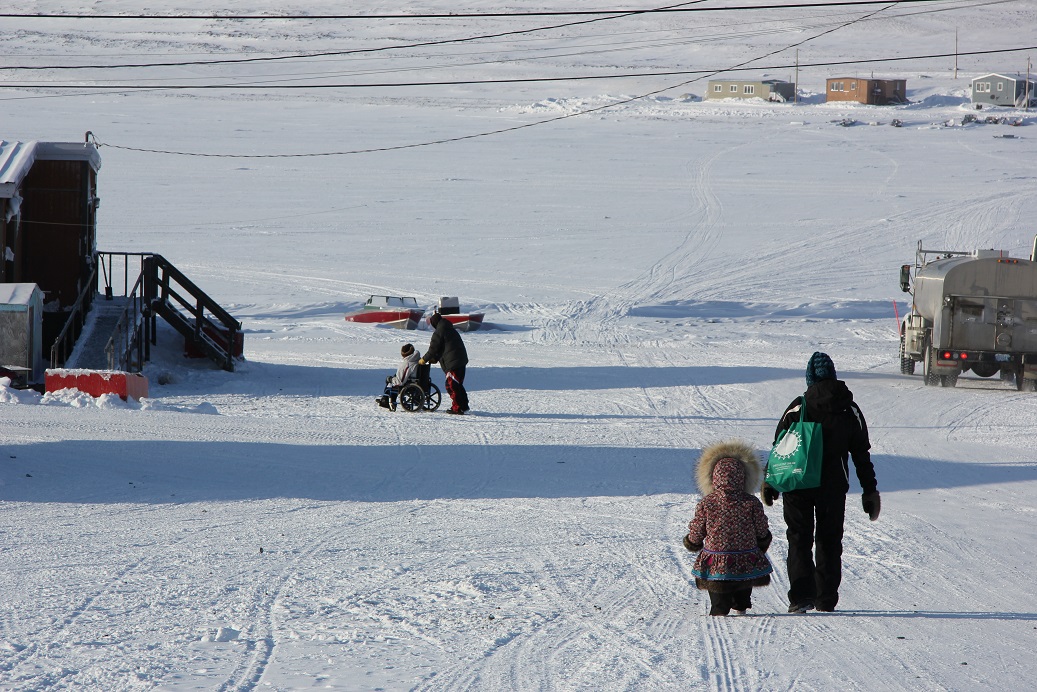
David Grimes, president of the World Meteorological Oganization, said that with extreme weather events now accounting for more than four out of every five disasters worldwide, countries and international scientists must increase links instead of diminishing them.
“International cooperation is more important than ever,” Grimes said at the opening session.
“The warming which is occurring in our atmosphere, oceans and climate, particularly the polar regions, is having significant impacts leading to increased severe weather and extreme events such as droughts and forest fires like those that have been devastating Canada’s western provinces this summer.”
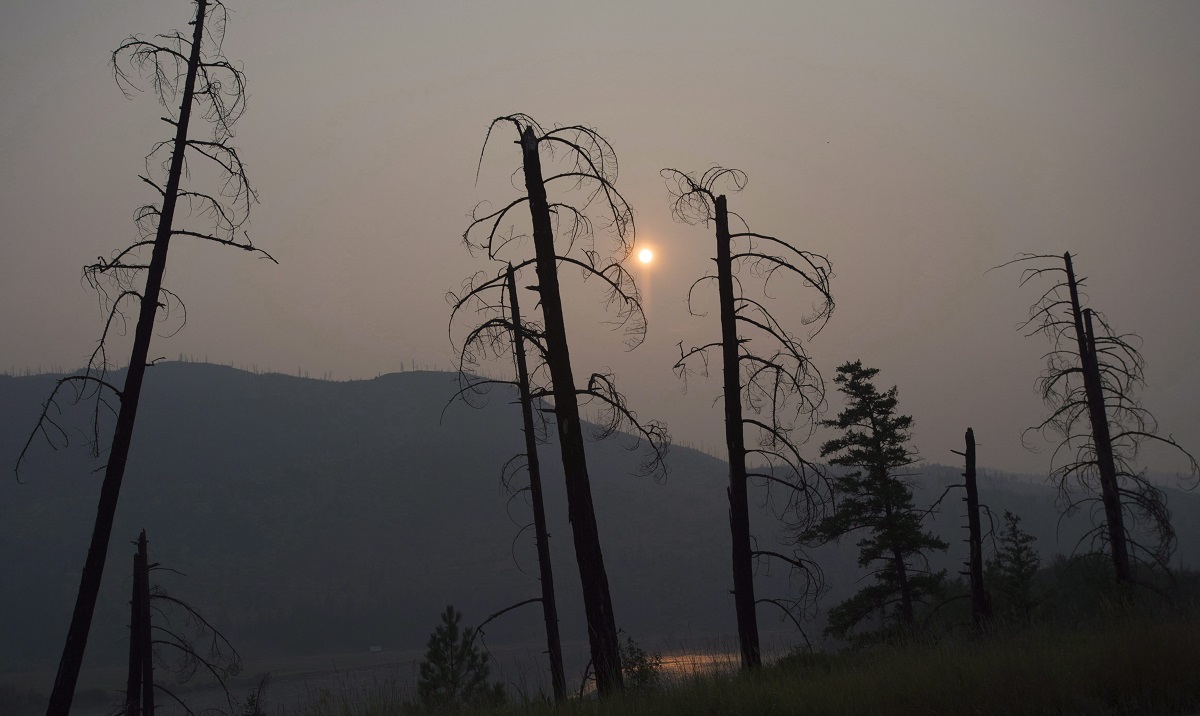
Changing political landscape
The focus on international cooperation at the Montreal meeting comes against a tumultuous few months for the international community when it comes to climate issues.
The much heralded Paris Climate Agreement in 2015 saw the international community pledge to keep global temperature rise this century below 2 degrees Celsius above pre-industrial levels.
It was seen as a major step forward for the international community, creating global momentum for tackling global temperature change.
However, since then, the U.S. has gone from being a key player on international climate issues to withdrawing significantly under President Donald Trump.
Earlier this year, the Trump administration took IPCC funding out of its budget. And in June, it announced the withdrawal of the United States from the Paris Agreement.
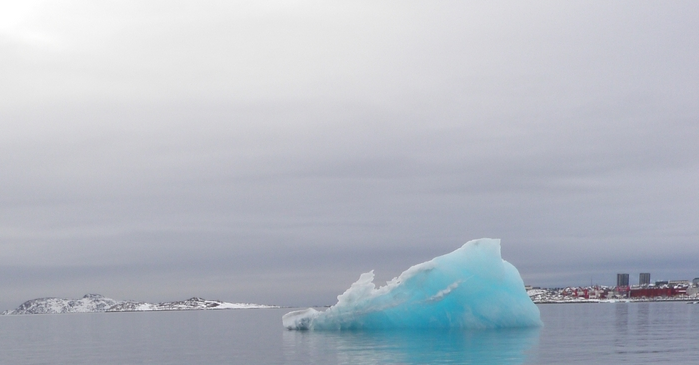
Assessment report to be discussed
The IPCC is a United Nations body made up of international experts from 195 states.
Though the IPCC does not conduct its own research, it examines climate change-related science being done worldwide and provides policymakers with climate change assessments, adaptation and mitigation strategies.
Much of its work from its fifth assessment report was used to inform the Paris Climate Agreement.
The Montreal meeting this week will be devoted to discussions about the IPCC’s next assessment report, an update on knowledge around climate change due out in 2022.
“The sixth assessment report will certainly inform Canada’s own climate change plan, the pan-Canadian framework on clean growth and climate change,” Minister McKeanna said on Wednesday.
The IPCC session runs until September 10.
Write to Eilís Quinn at eilis.quinn(at)cbc.ca
Related stories from around the North:
Canada: Canada’s science minister in North to observe climate change, Radio Canada International
Finland: U.S. pullout from Paris climate pact condemned by Finnish leader, Yle News
Greenland: Greenland earthquake and tsunami – hazards of melting ice?, blog by Irene Quaile, Deutsche Welle
Norway: As Arctic weather dramatically changes, world meteorologists take on more joint forecasting, The Independent Barents Observer
Russia: UNESCO mission visits protected island in Arctic Russia, The Independent Barents Observer
Sweden: Sweden could be a model of sustainability, says environment professor, Radio Sweden
United States: Alaska youth environmental group asks state to regulate greenhouse gas emissions, Alaska Dispatch News

